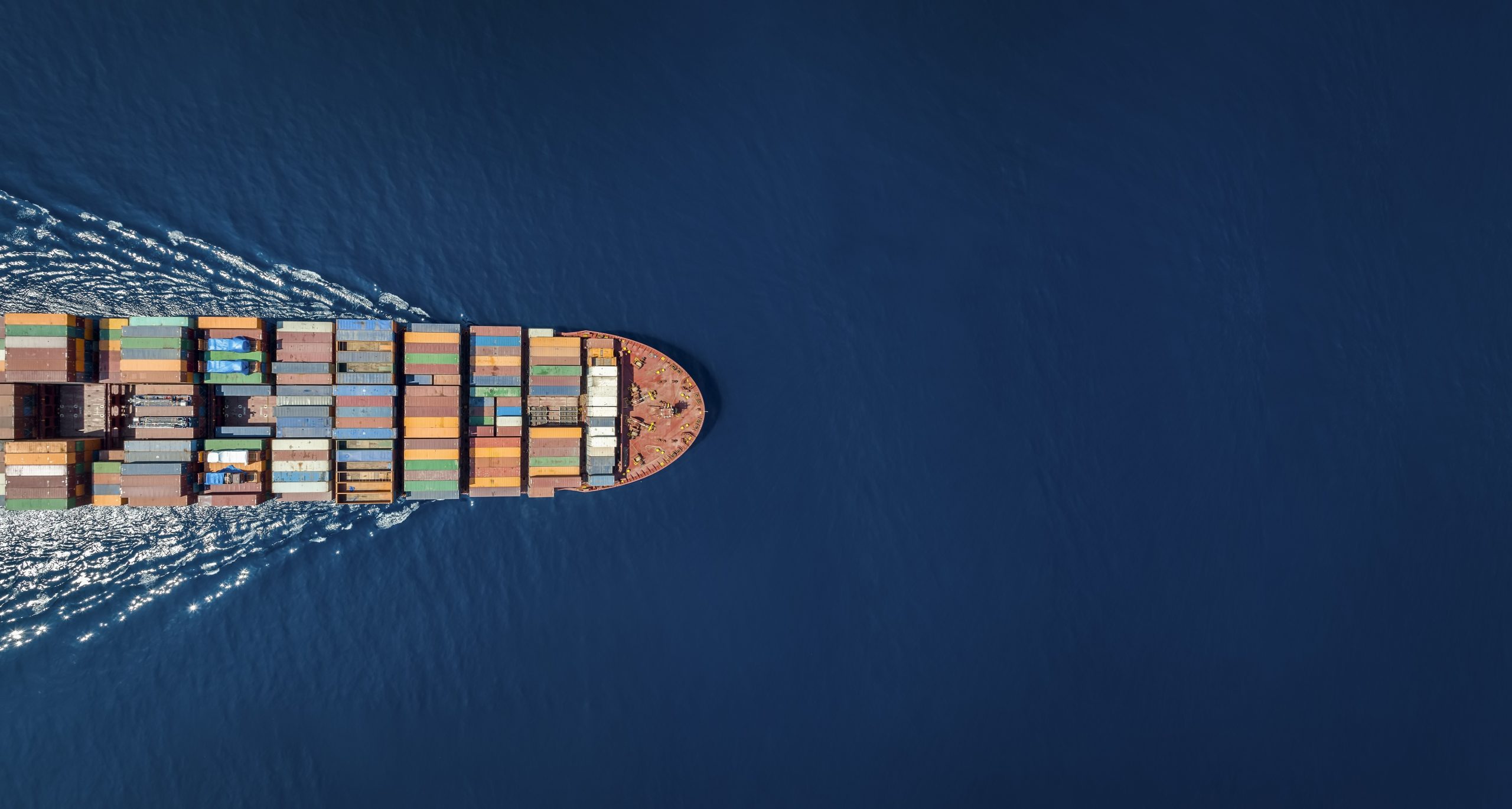
In a groundbreaking shift, Switzerland-based shipping giant MSC has surpassed Denmark’s A.P. Moller-Maersk, securing the top spot in the global container carrier rankings. Alphaliner, a leading shipping intelligence provider, reports that MSC’s ascent to the summit was not through mergers or acquisitions, but rather, a wholly organic growth strategy.
A Year of Remarkable Expansion
After seizing the crown in early 2022, MSC didn’t rest on its laurels. The company fueled its remarkable growth by adding substantial capacity throughout 2023, contributing to half of the entire boxship fleet’s expansion, as disclosed by Alphaliner. In the global container fleet, approximately two million TEU of capacity were added in 2023, with MSC alone accounting for one million TEU.

ALPHALINER MONTHLY MONITOR
MSC’s commitment to efficiency is evident in its investment in 14 Megamax 24,000-TEU ships and the inclusion of 26 Neopanamax vessels with a capacity of around 15,000 TEU each. This strategic move not only solidifies its current dominance but also positions MSC as a force to be reckoned with in the foreseeable future.
Massive Orderbook and Fleet Diversity
Looking ahead, MSC’s trajectory suggests continued growth, backed by an orderbook totaling nearly 1.5 million TEU, a figure unparalleled by any competitor. The company’s fleet expansion is not limited to new builds; it extends to acquiring used tonnage, with MSC now owning approximately a quarter of all container ships over 20 years old, according to Alphaliner. The decisions surrounding these aging vessels will significantly shape the global fleet composition when they retire.
Maersk’s Contrasting Trajectory
While MSC experiences unprecedented growth, Maersk, in contrast, witnessed a three percent reduction in its fleet size in the past year. This decline has further expanded MSC’s lead, reaching an impressive 1.5 million TEU. Alphaliner speculates that if Maersk’s downward trend persists, it might risk losing its second-place position to CMA CGM in the coming years. Despite this, Maersk appears unperturbed, having shifted its focus towards an integrated logistics business and prioritizing profitability over sheer size.
Industry Dynamics and Market Share
The maritime landscape also witnessed shifts beyond the MSC-Maersk rivalry. France’s CMA CGM reclaimed the third spot from China’s COSCO, bolstered by the addition of nine LNG-fueled ships. Taiwan’s Wan Hai Lines ascended to the tenth position, displacing Israel-based ZIM from the top ten.
Navigating a Shifting Sea
As the maritime industry experiences these seismic shifts, the key players are adapting their strategies. MSC’s bold and organic growth strategy has propelled it to the forefront, while Maersk’s pivot towards logistics showcases a diversified approach. The container shipping market, marked by rising rates as indicated by the Platts Container Freight Index, underscores the dynamic nature of the industry.
In conclusion, MSC’s meteoric rise to the world’s largest container shipping line signifies a paradigm shift in the industry. The battle for supremacy, fleet expansion, and strategic adaptations will likely continue to shape the maritime landscape for years to come.
Source:The Maritme Executive

